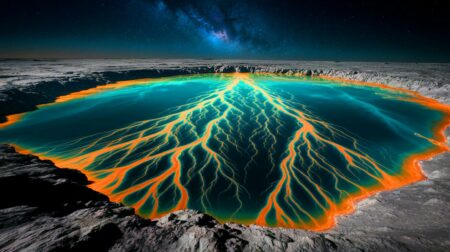Credit cards are hardly considered nutritious treats and feasting on them sounds like a crazy idea. Yet we all gobble them down each week, in a way, according to the World Wide Fund for Nature.
In a detailed report WWF expounds on the harmful ways our wasteful habits keep coming back to us as much of the plastic waste we dump into nature winds its way back up the food chain.
Even if you are already familiar with the facts, the report, which was done in collaboration with the University of Newcastle in Australia, makes for unsettling reading.
Fact 1: Since 1950 plastic production has increased 200-fold and has been growing at an annual rate of 4% since 2000. At current production rates, by 2030 it could increase by 40%, swamping the planet even more in toxic waste.
Fact 2: Four-quarters of plastic produced is wholly disposable and of plastic waste some 87% end up in nature. If nothing changes, the WWF says, “the ocean will contain 1 metric ton of plastic for every 3 metric tons of fish by 2025.”
Fact 3: Each one of us may consume as many as 1,769 plastic particles a week on average just by drinking water. Even table salt has been contaminated by microplastics. In all, we unknowingly consume about 5 grams of plastic every week, which is equivalent to gobbling down a credit card.
That translates into some 21 grams of plastic a month, or 250 grams as year. In addition to drinking water, shellfish and beer are also primary sources of microplastics consumption by people. What impact ingesting microplastics will have on our health remains little understood, yet it clearly can’t be good.
“Not only are plastics polluting our oceans and waterways and killing marine life — it’s in all of us and we can’t escape consuming plastics. Global action is urgent and essential to tackling this crisis,” says Marco Lambertini, director general of WWF International.
“[T]his is a worldwide problem that can only be solved by addressing the root cause of plastic pollution. If we don’t want plastic in our bodies, we need to stop the millions of tons of plastic that continue leaking into nature every year,” Lambertini adds. “In order to tackle the plastic crisis, we need urgent action at government, business and consumer levels, and a global treaty with global targets to address plastic pollution.”
Did you like it? 4.5/5 (26)








